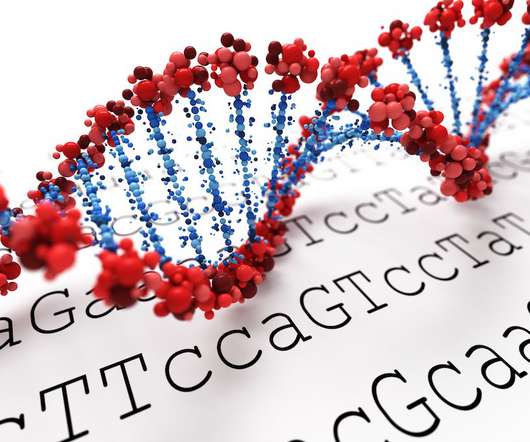Epigenetic Editing with CRISPR + ADHD in Preschoolers – Xtalks Life Science Podcast Ep. 10
XTalks
MAY 12, 2021
In this episode, Ayesha discusses a new tool that uses CRISPR to modulate gene expression without editing DNA sequences. Dubbed “CRISPRoff,” the technology targets the epigenome to silence genes involved in diseases, with applications in cancer, AML and other conditions with a heritable component.






















Let's personalize your content